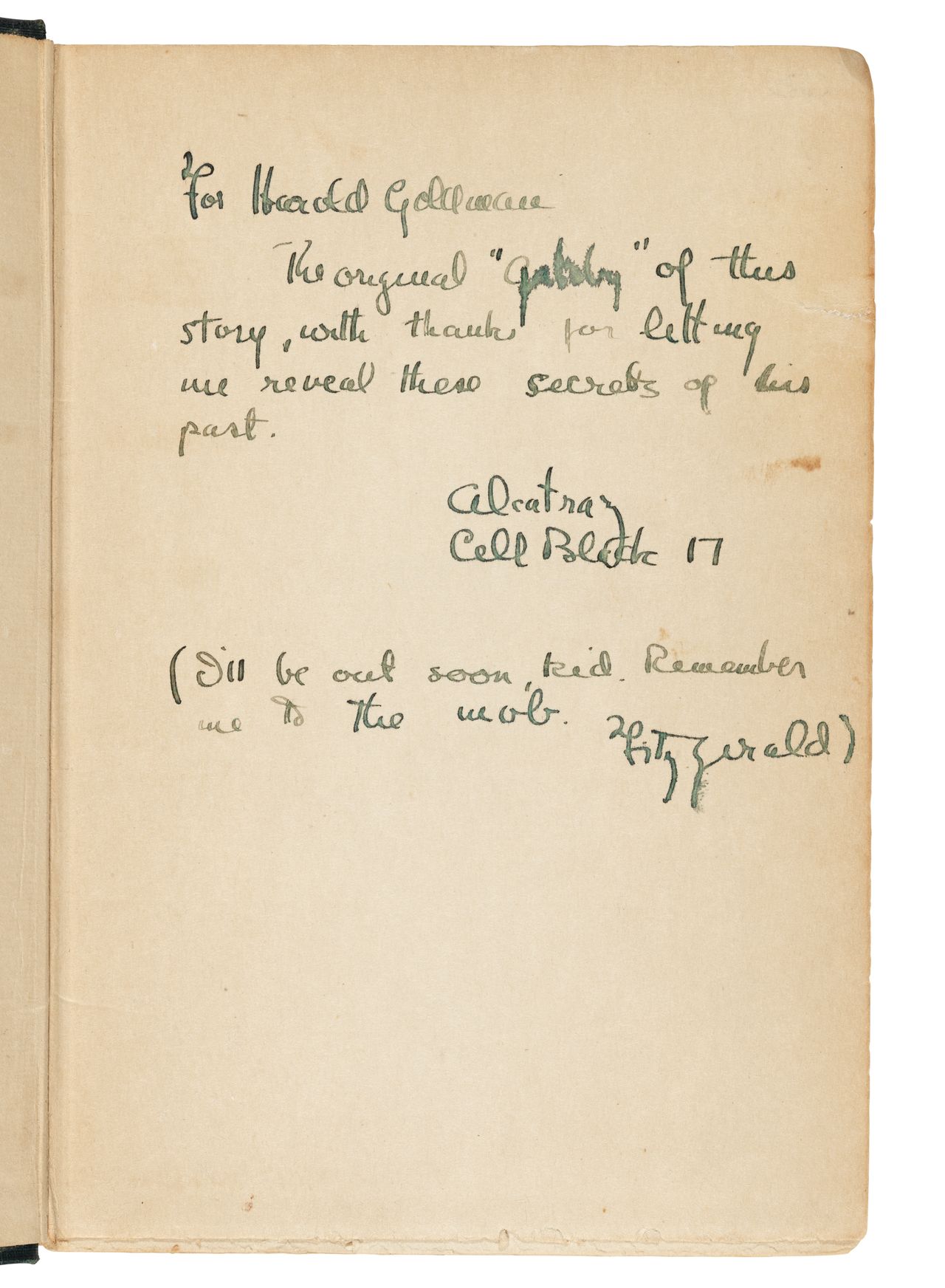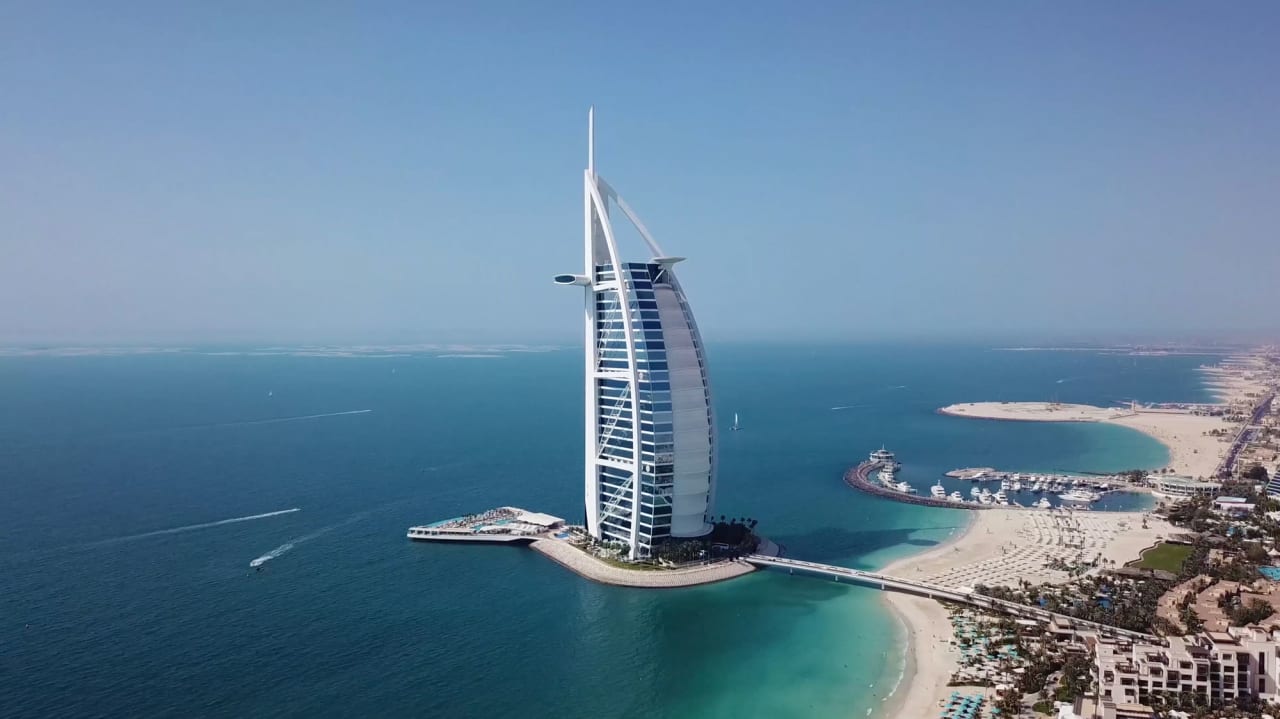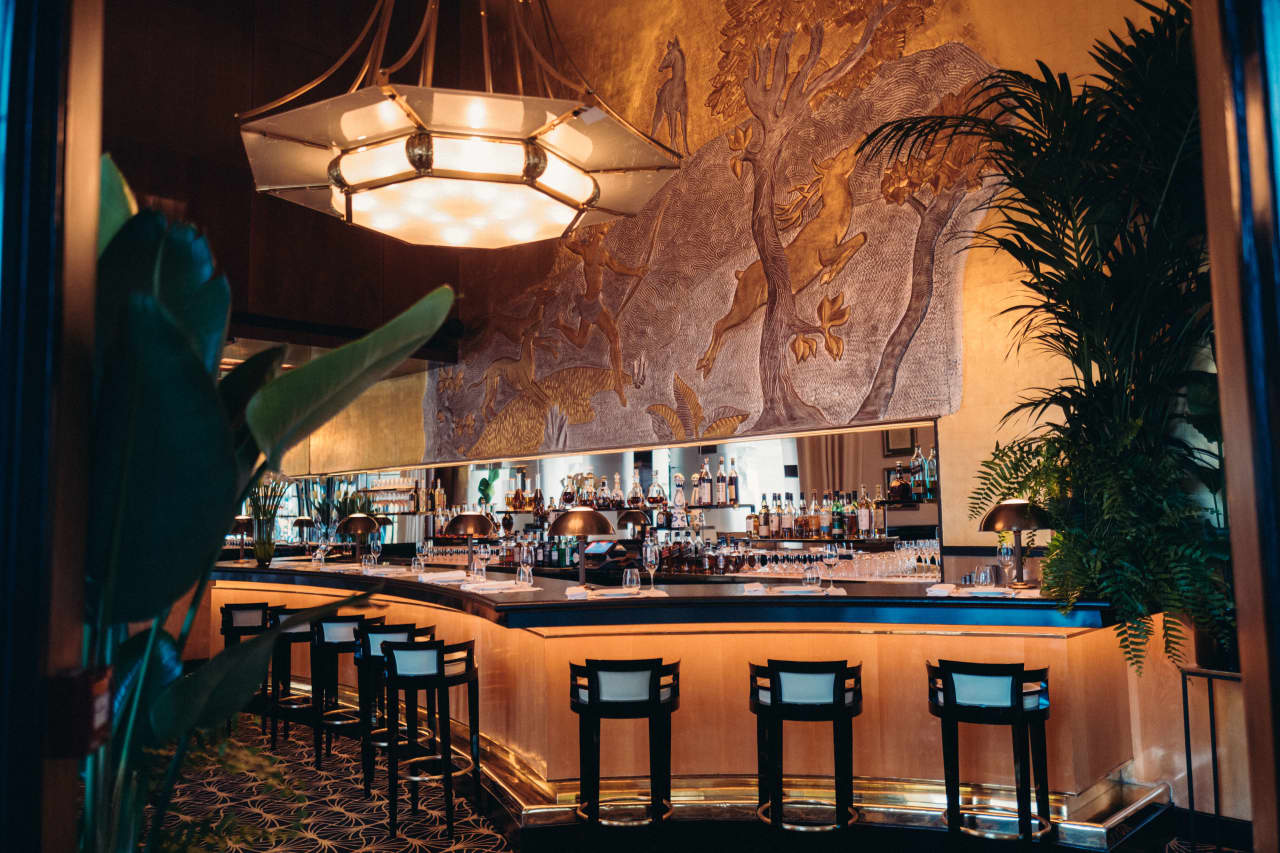Rolling Stones Drummer Charlie Watts’ Copy of ‘The Great Gatsby’ Could Sell for £300,000 at Auction
Charlie Watts created the consistent beat for the Rolling Stones as the band’s drummer on every album by the group since 1964, but his first love was jazz.
That passion, alongside a zeal for modern literature, will be on display in a two-part auction at Christie’s of rare-edition books and jazz memorabilia that is expected to fetch more than £2.5 million (US$3.2 million). Watts died in August 2021 at age 80.
Among 500 items to be offered in a live sale on Sept. 28 in London, and in an online sale running from Sept. 15-29, is a copy F. Scott Fitzgerald’s The Great Gatsby, inscribed to MGM screenwriter Harold Goldman as “the original Gatsby,” for an estimate between £200,000 and £300,000. Set in the Roaring ’20s, the novel captures the jazz age of the time.
Watts began collecting jazz memorabilia when he was in his teens, Dave Green, a childhood friend and jazz musician, said in a news release. The collection “reflects his enduring love of the music and the musicians who made it,” Green said.

Courtesy of Christie’s Images Ltd. 2023
Among the memorabilia are items Watts collected related to saxophonist Charlie Parker, including his Associated Musicians Membership card, contracts for Parker’s Alto Break sessions, and a pair of awards from Down Beat magazine in 1952 that are expected to achieve up to £15,000.
Watts pursued jazz even through his career as the Stones’ drummer, joining his bandmate Ian Stewart, a keyboardist, in the “boogie-woogie” band Rocket 88 in the 1970s. The Charlie Watts Big Band performed globally in the 1980s and in 1993, he released a jazz album, Warm & Tender, with the Charlie Watts Quintet.
Watts’ music collection also includes an annotated score of George Gershwin’s Porgy and Bess, estimated to achieve up to £15,000, and two scores by Irving Berlin. Songs from Top Hat and Songs from Follow the Fleet by Berlin are inscribed to Ginger Rogers, and are estimated to achieve between £4,000 and £6,000.
Other top literature lots include rare editions of books by Agatha Christie, George Orwell, Arthur Conan Doyle, and James Joyce. Christie’s The Thirteen Problems carries an estimate between £40,000 and £60,000.
The range of items will give many Watts fans a chance at owning something the legendary drummer once collected, as prices range as low as £800.
 Copyright 2020, Dow Jones & Company, Inc. All Rights Reserved Worldwide. LEARN MORE
Copyright 2020, Dow Jones & Company, Inc. All Rights Reserved Worldwide. LEARN MORE
This stylish family home combines a classic palette and finishes with a flexible floorplan
Just 55 minutes from Sydney, make this your creative getaway located in the majestic Hawkesbury region.
Continued stagflation and cost of living pressures are causing couples to think twice about starting a family, new data has revealed, with long term impacts expected
Australia is in the midst of a ‘baby recession’ with preliminary estimates showing the number of births in 2023 fell by more than four percent to the lowest level since 2006, according to KPMG. The consultancy firm says this reflects the impact of cost-of-living pressures on the feasibility of younger Australians starting a family.
KPMG estimates that 289,100 babies were born in 2023. This compares to 300,684 babies in 2022 and 309,996 in 2021, according to the Australian Bureau of Statistics (ABS). KPMG urban economist Terry Rawnsley said weak economic growth often leads to a reduced number of births. In 2023, ABS data shows gross domestic product (GDP) fell to 1.5 percent. Despite the population growing by 2.5 percent in 2023, GDP on a per capita basis went into negative territory, down one percent over the 12 months.
“Birth rates provide insight into long-term population growth as well as the current confidence of Australian families,” said Mr Rawnsley. “We haven’t seen such a sharp drop in births in Australia since the period of economic stagflation in the 1970s, which coincided with the initial widespread adoption of the contraceptive pill.”
Mr Rawnsley said many Australian couples delayed starting a family while the pandemic played out in 2020. The number of births fell from 305,832 in 2019 to 294,369 in 2020. Then in 2021, strong employment and vast amounts of stimulus money, along with high household savings due to lockdowns, gave couples better financial means to have a baby. This led to a rebound in births.
However, the re-opening of the global economy in 2022 led to soaring inflation. By the start of 2023, the Australian consumer price index (CPI) had risen to its highest level since 1990 at 7.8 percent per annum. By that stage, the Reserve Bank had already commenced an aggressive rate-hiking strategy to fight inflation and had raised the cash rate every month between May and December 2022.
Five more rate hikes during 2023 put further pressure on couples with mortgages and put the brakes on family formation. “This combination of the pandemic and rapid economic changes explains the spike and subsequent sharp decline in birth rates we have observed over the past four years,” Mr Rawnsley said.
The impact of high costs of living on couples’ decision to have a baby is highlighted in births data for the capital cities. KPMG estimates there were 60,860 births in Sydney in 2023, down 8.6 percent from 2019. There were 56,270 births in Melbourne, down 7.3 percent. In Perth, there were 25,020 births, down 6 percent, while in Brisbane there were 30,250 births, down 4.3 percent. Canberra was the only capital city where there was no fall in the number of births in 2023 compared to 2019.
“CPI growth in Canberra has been slightly subdued compared to that in other major cities, and the economic outlook has remained strong,” Mr Rawnsley said. “This means families have not been hurting as much as those in other capital cities, and in turn, we’ve seen a stabilisation of births in the ACT.”
This stylish family home combines a classic palette and finishes with a flexible floorplan
Just 55 minutes from Sydney, make this your creative getaway located in the majestic Hawkesbury region.






















